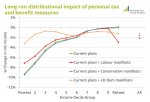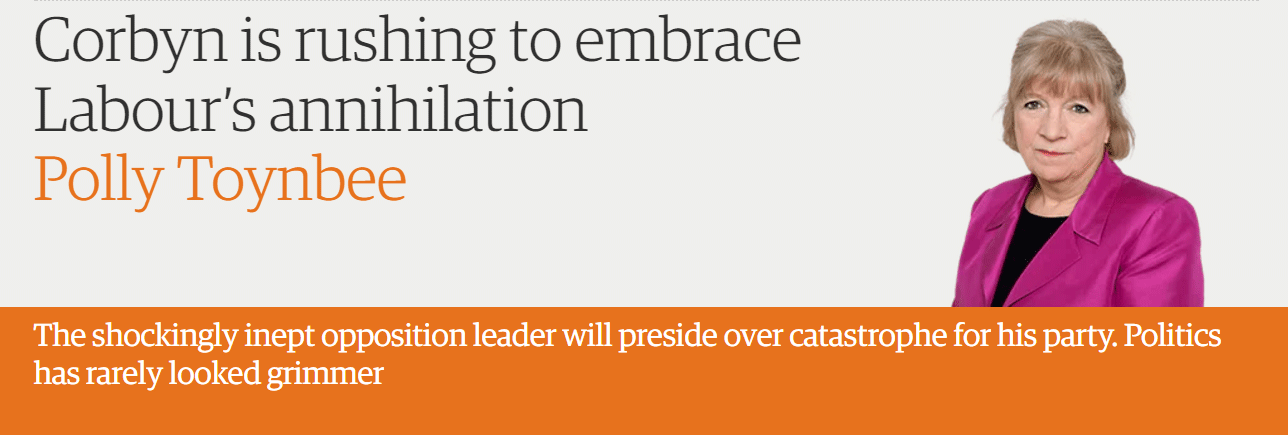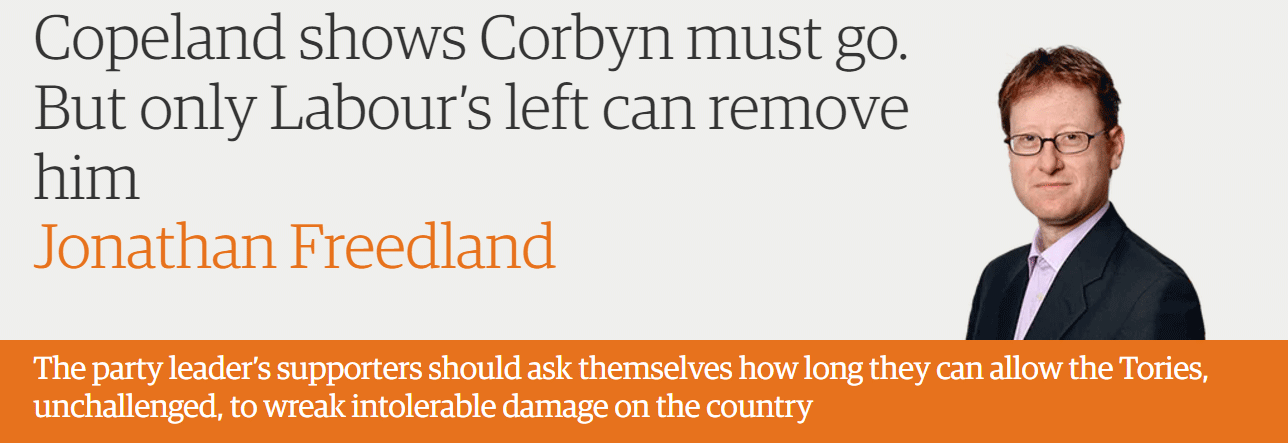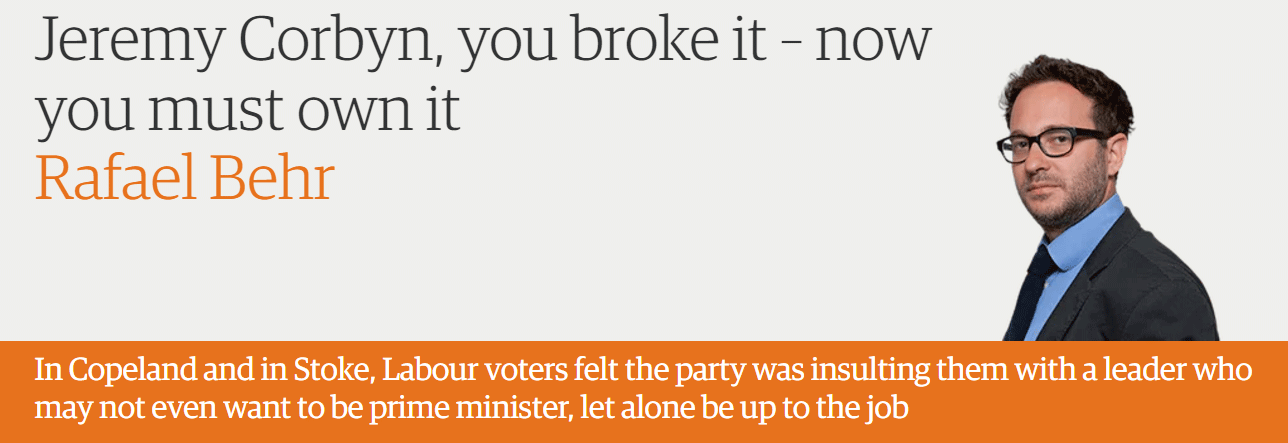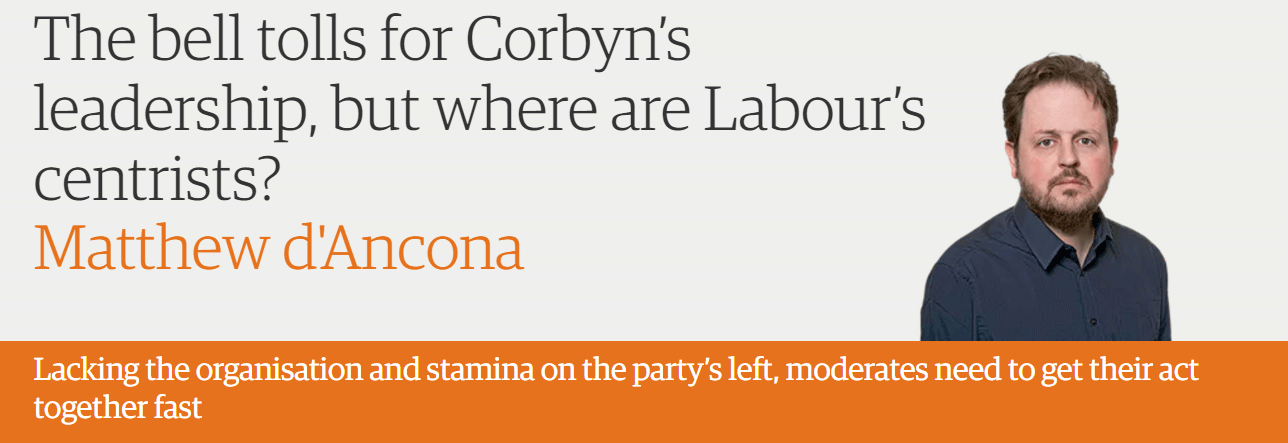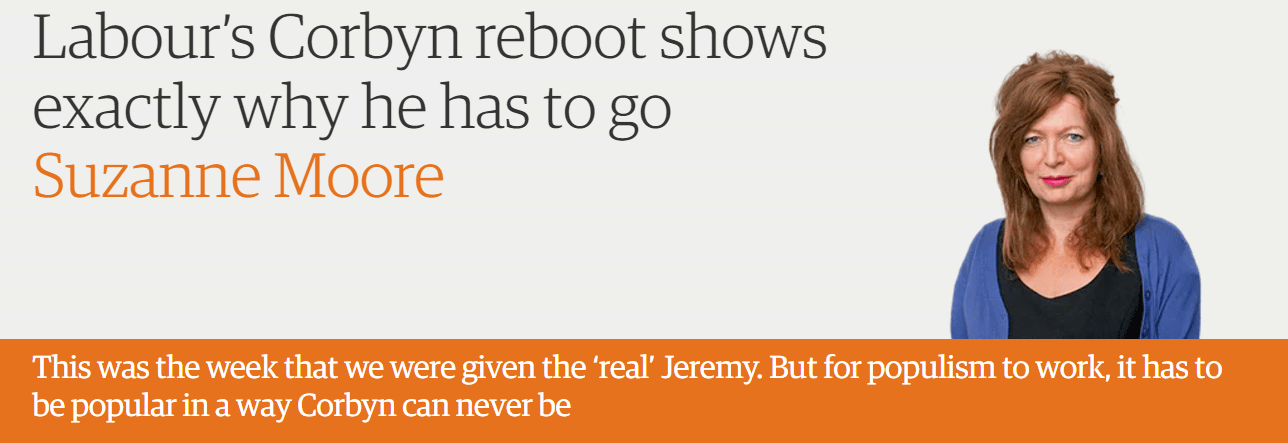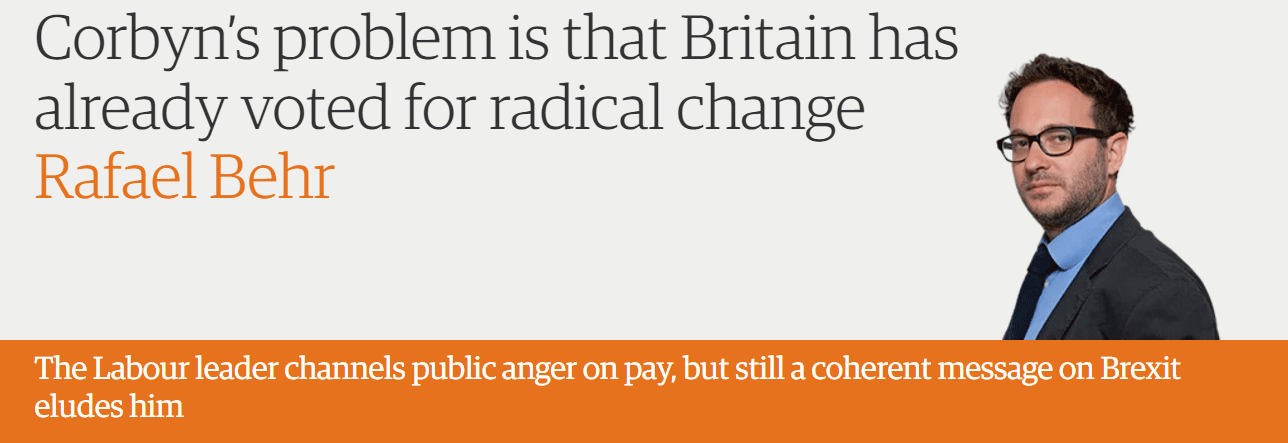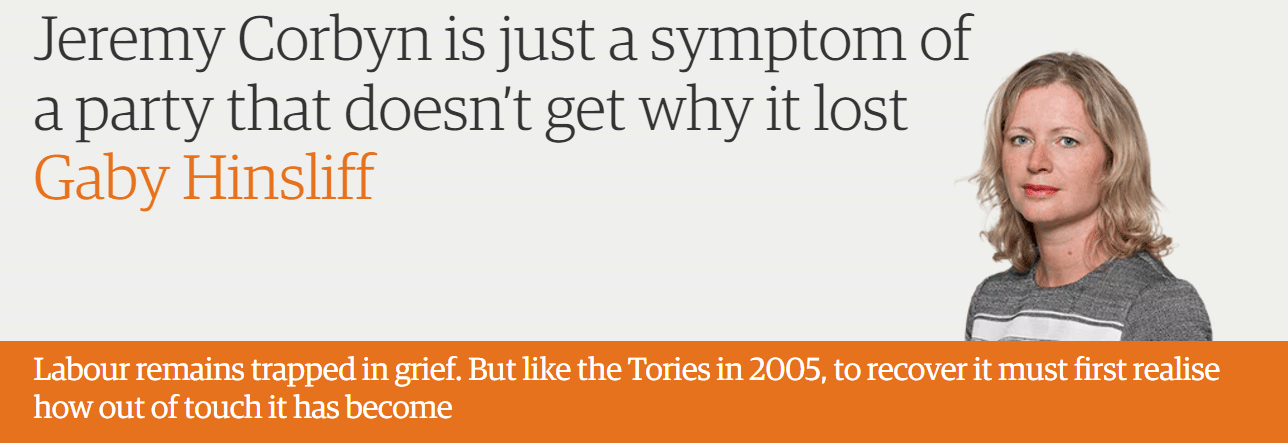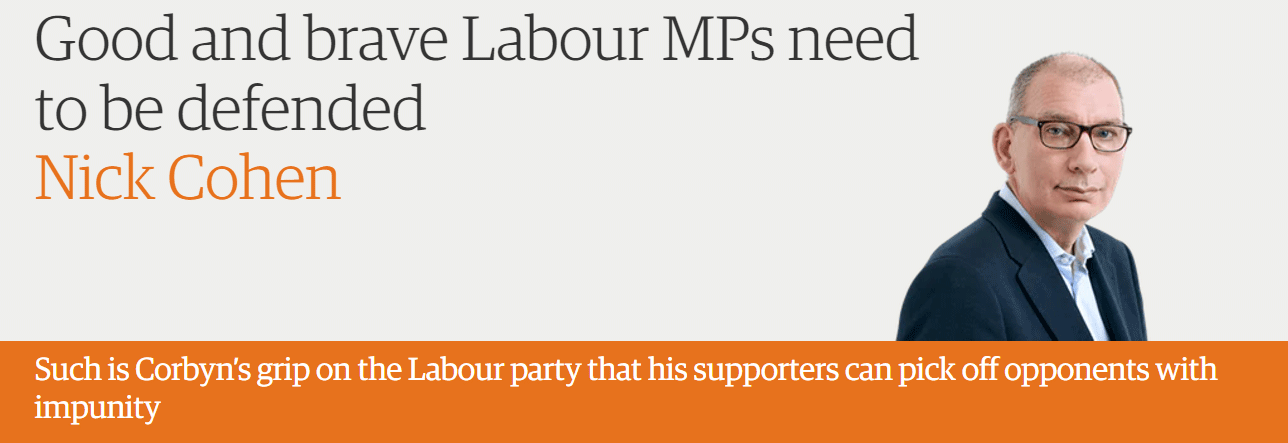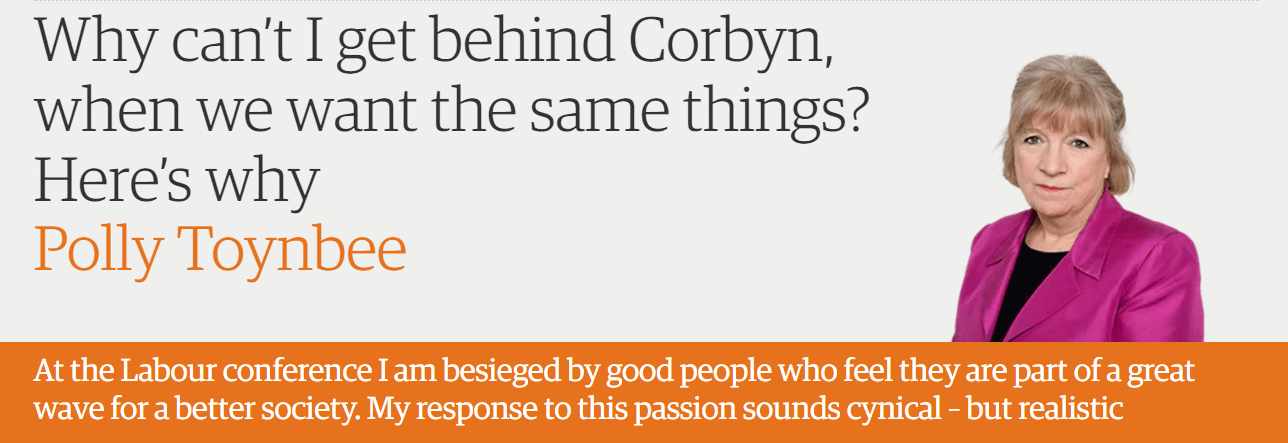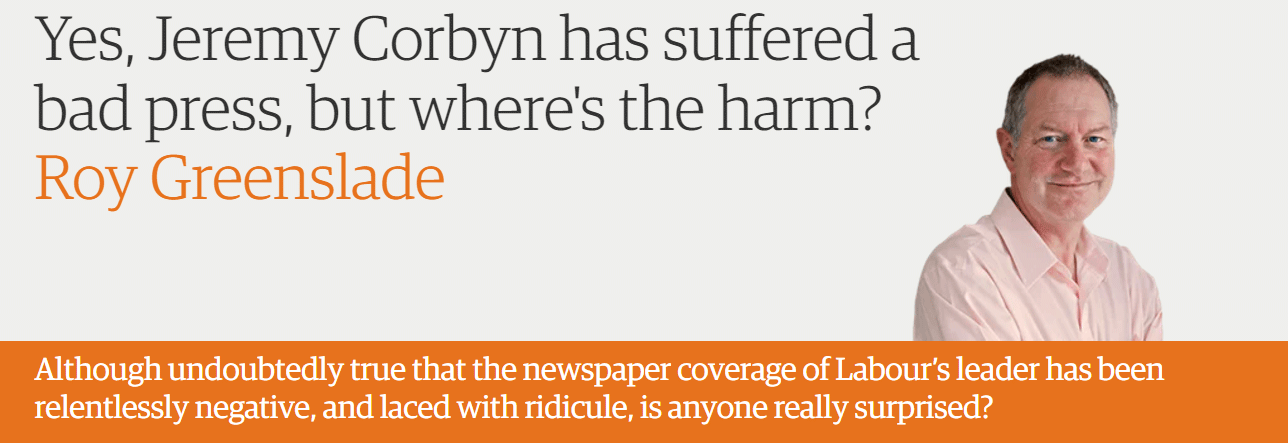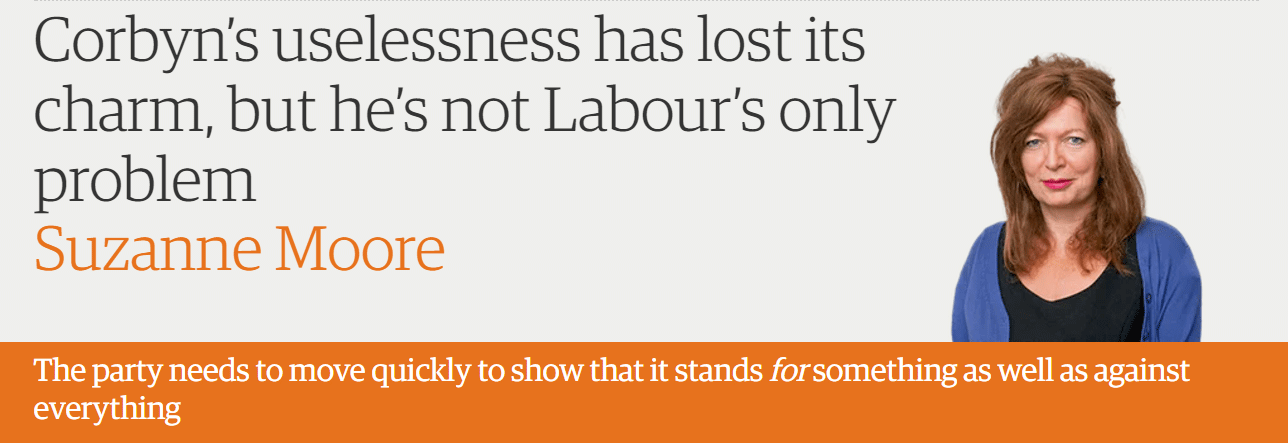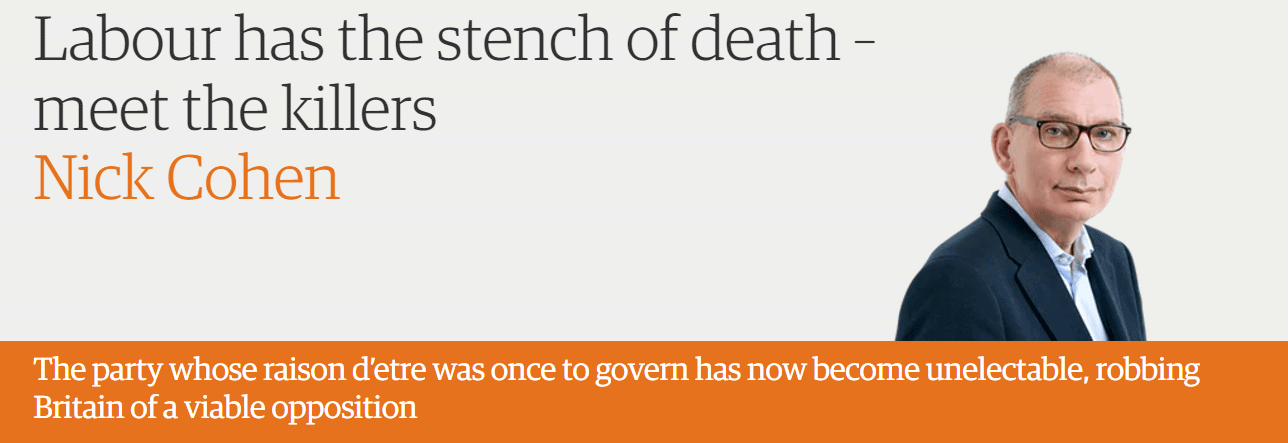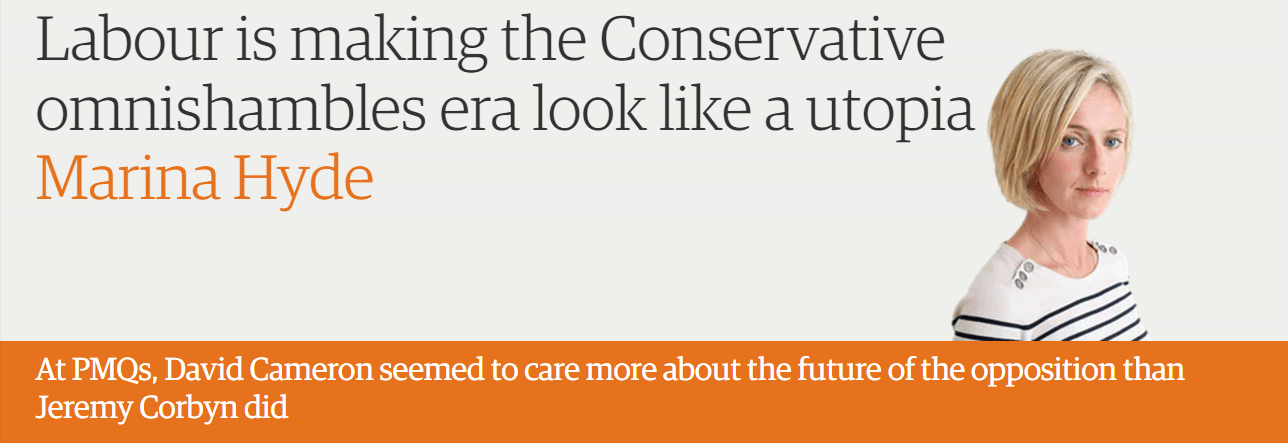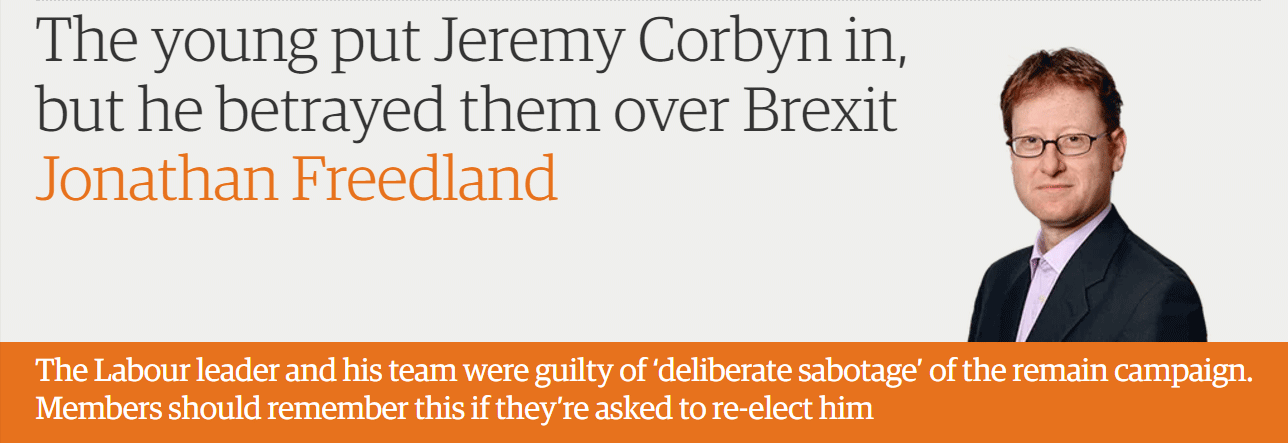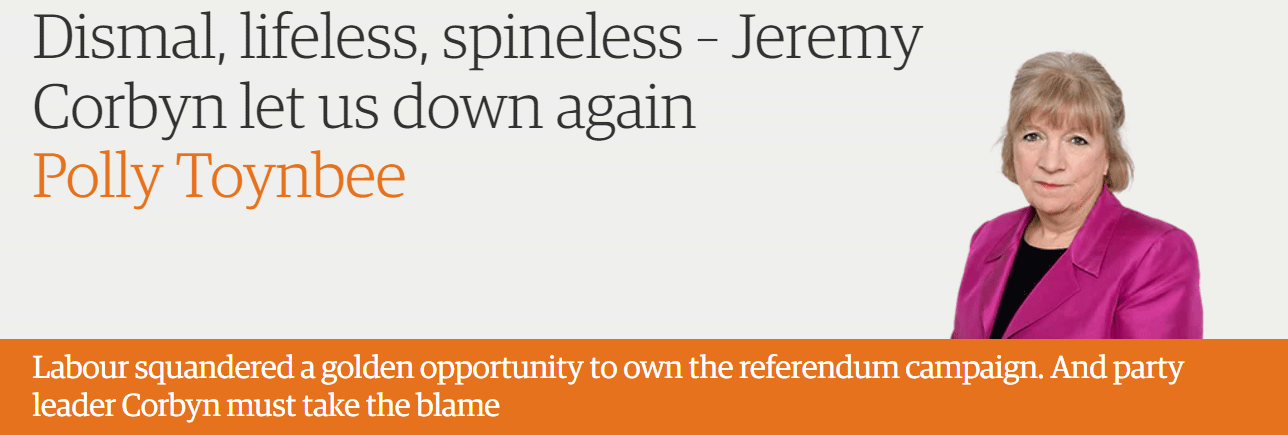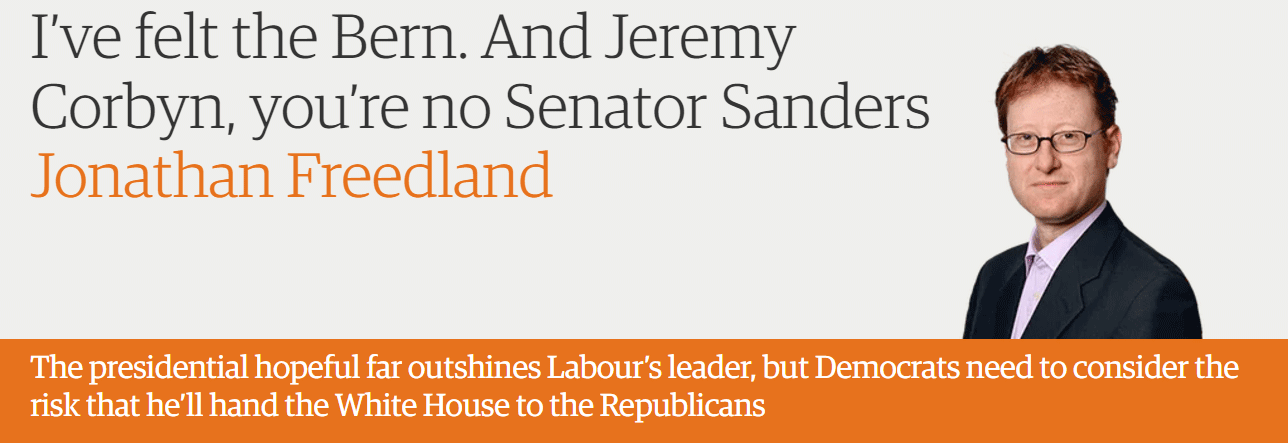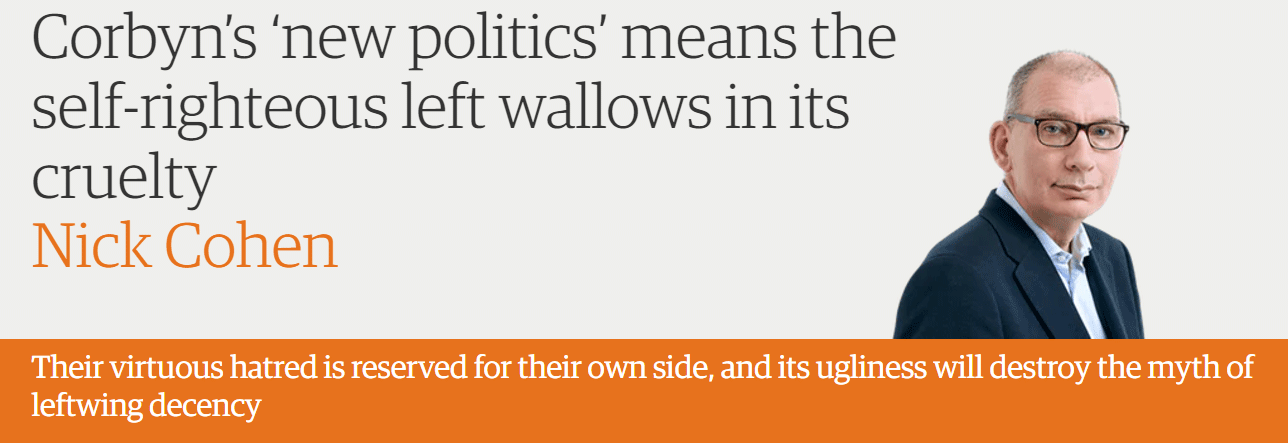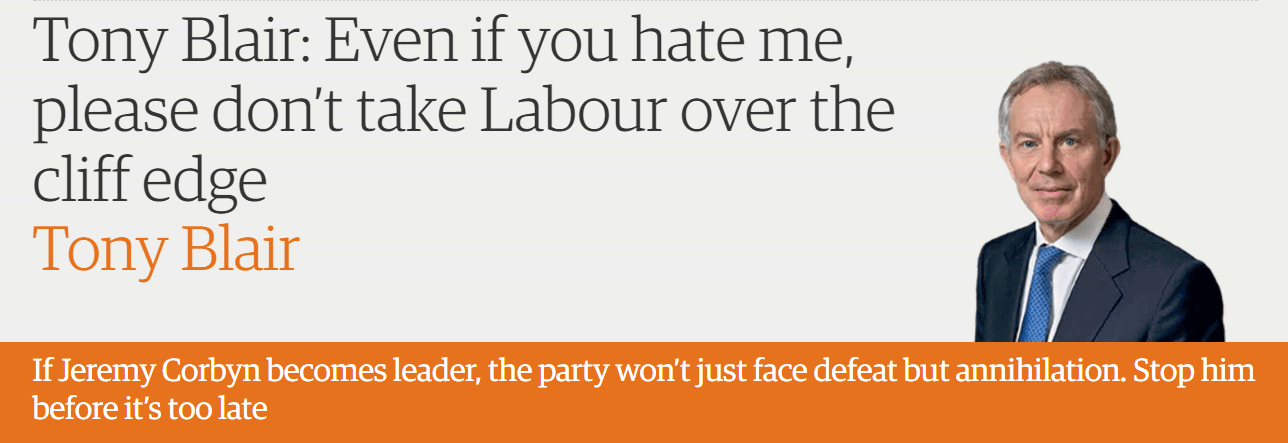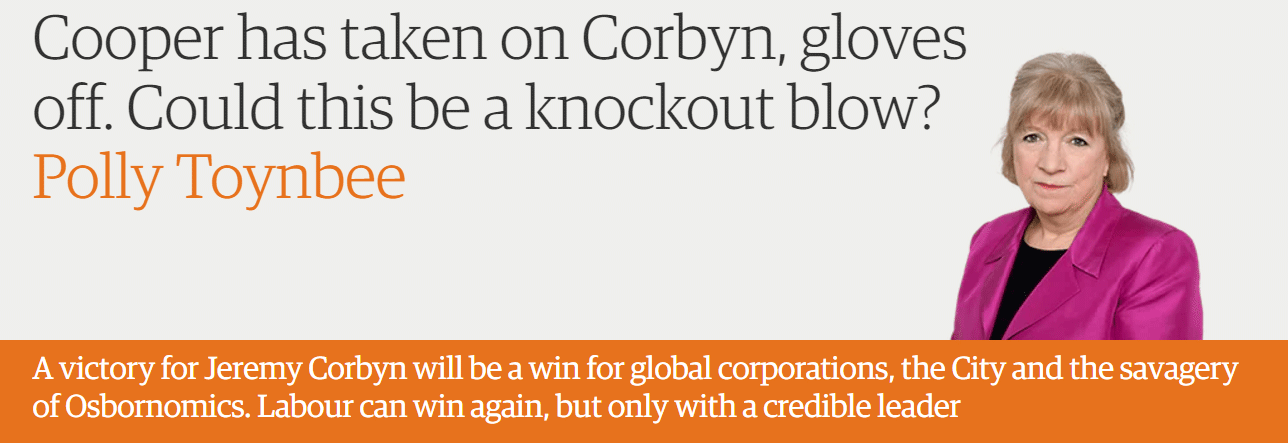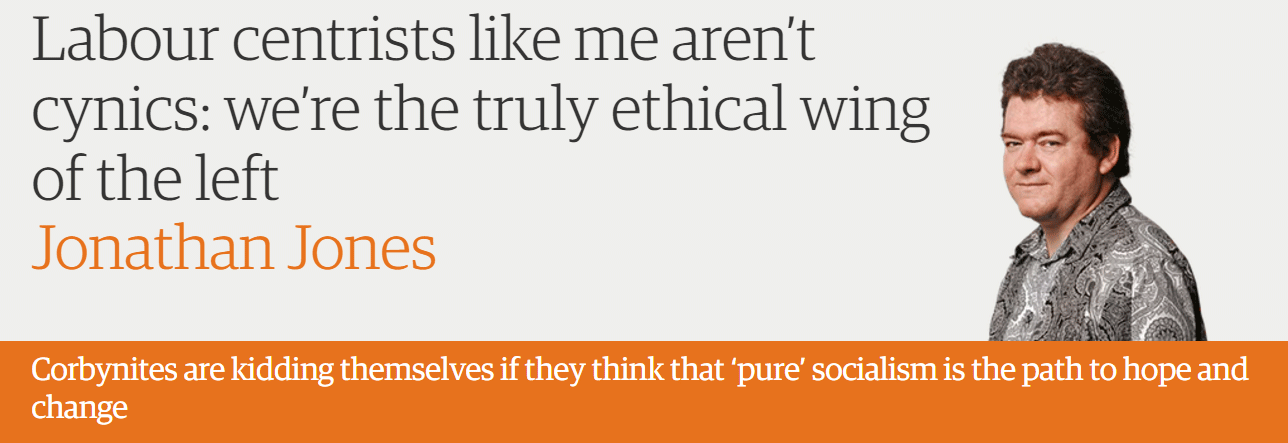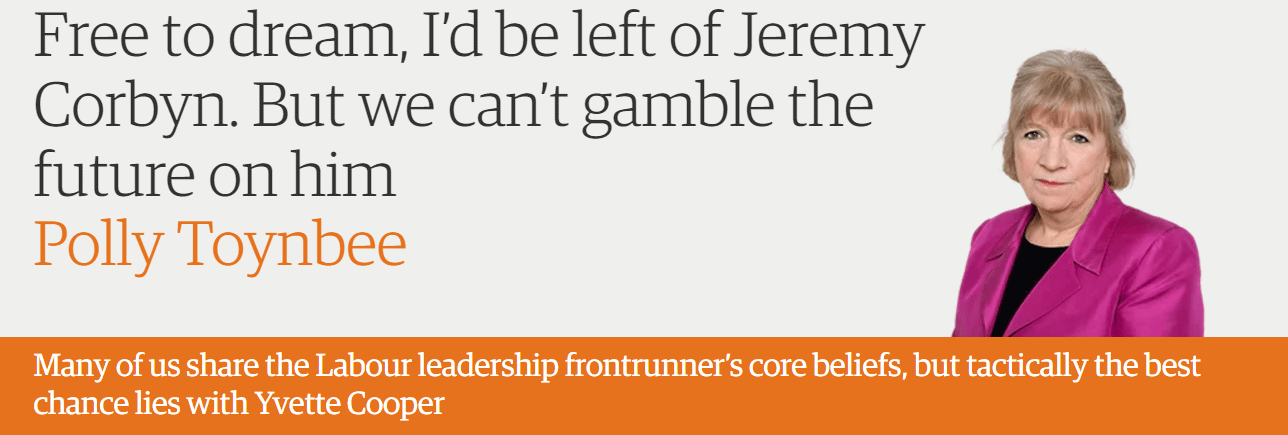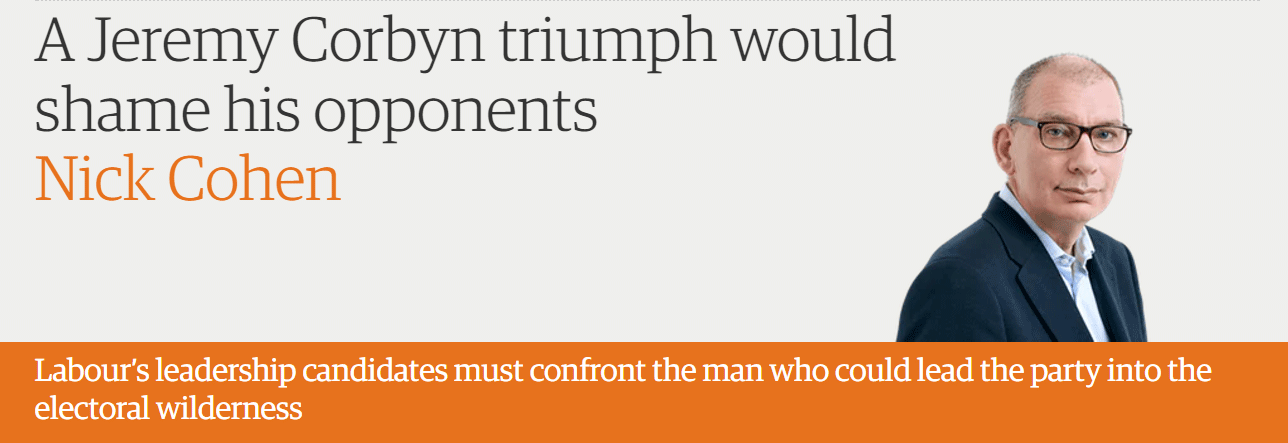Ending freeze on welfare benefits
Jeremy Corbyn said at the manifesto launch that Labour will end the freeze on welfare benefits.
The abolition of tuition fees and reintroduction of maintenance grants
Health and social care reform at a cost of £7.7b
Free lunches for pupils as part of £6.3bn school package
The end of the bedroom tax and repeal of cuts in support to disabled people in a social security package worth £4bn
At least 100,000 council and housing association homes a year, as well as new help to buy funding, covered by the £250bn ‘national transformation fund’
Income tax
Top 5% of earners, those on more than £80,000 a year, to face a 45p marginal rate of income tax and a new 50% rate on earnings above £123,000 to raise £6.4bn a year. Pledges to not increase VAT rates or personal national insurance contributions
Company taxes
Labour plans to raise £48.6bn to pay for extra spending. It plans to raise an extra £19.4bn a year from corporation tax by raising the headline rate from 21% to 26%. This is two percentage points below the 2010 rate inherited by the coalition government.
Tax on the City
A tax on derivative dealing and other exotic trading areas will generate £5.6bn, according to Labour.
Water industry nationalisation
Free childcare and early years support
Labour says it will introduce a £5.3bn package, including extending 30 free hours of childcare to all two-year-olds, and moving towards making some childcare available for one-year-olds and extending maternity pay to 12 months.
